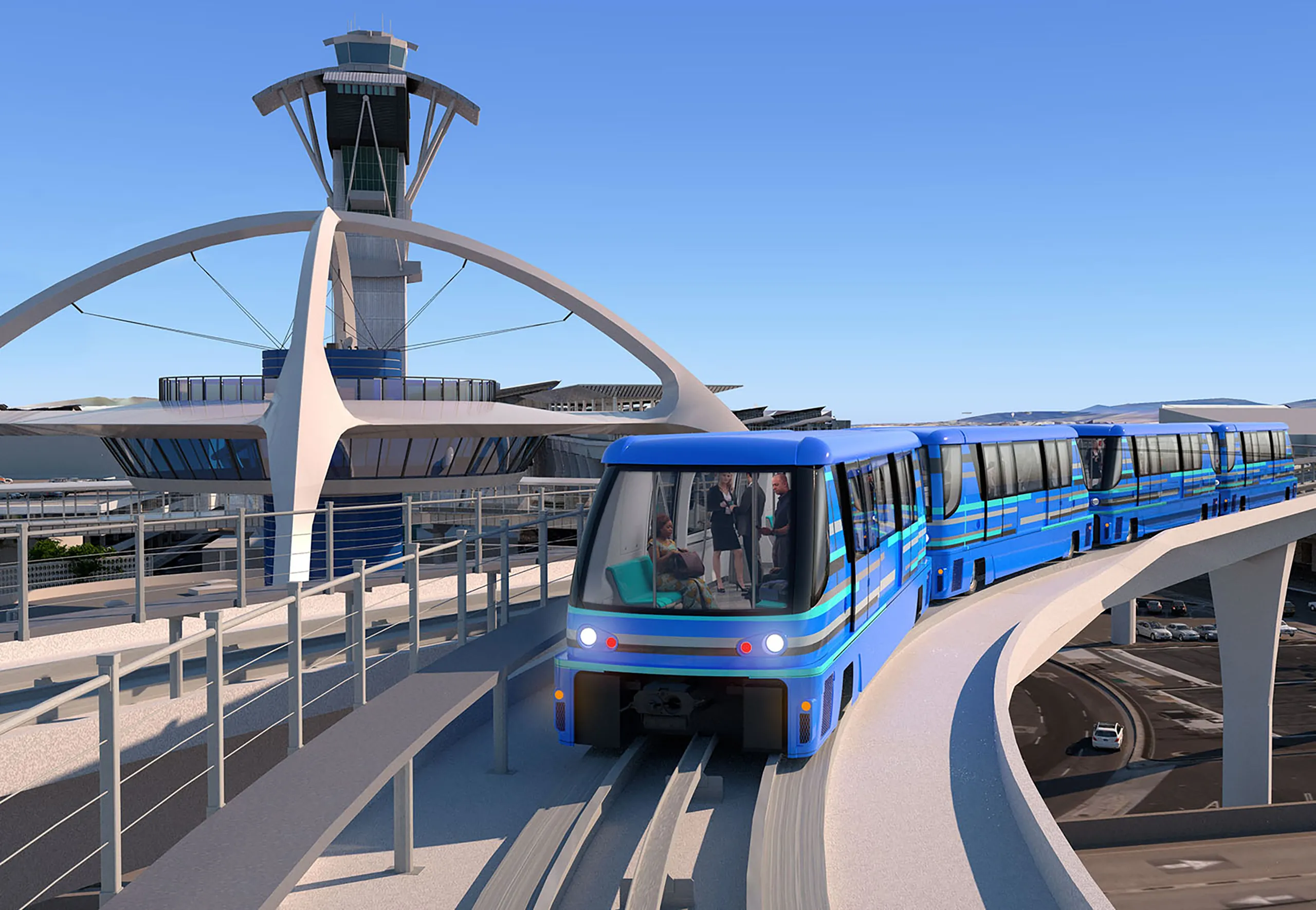We arrange situation-specific private financing in combination with innovative solutions to deliver a customer’s essential infrastructure needs.
Public-Private Partnerships (PPPs) are an alternative procurement method for governments and other public agencies to deliver large, complex projects. The PPP model can successfully guide authorities to strike the right balance of promoting innovation in design and operations, transferring risk to private suppliers, increasing value-for-money for taxpayers and/or the infrastructure users and guaranteeing the timeliness of delivering an operational project.
What are PPPs?
PPPs are a long term, performance-based approach to procuring essential infrastructure such as highways, commuter and light rail systems, court houses, civic buildings, street lighting, water infrastructure, student accommodation and military housing.
Why do PPPs work well?
Compared to traditional procurement methods, the procuring customer (typically a governmental authority or similar agency at Federal, State or Municipal level) achieves value for money by leveraging the private sector’s abilities to innovate technically and financially and by structuring optimal risk transfer where project risks are borne by the entity best able to bear that risk and so will price it most efficiently.
Showcase
Explore our most recent projects and case studies.





